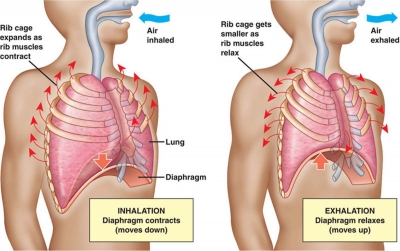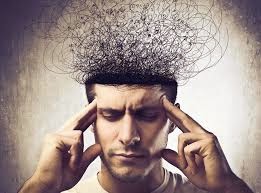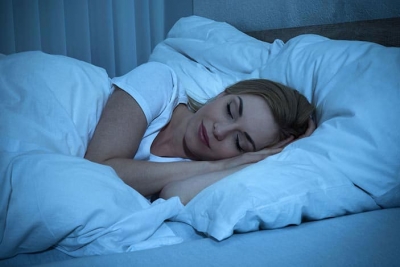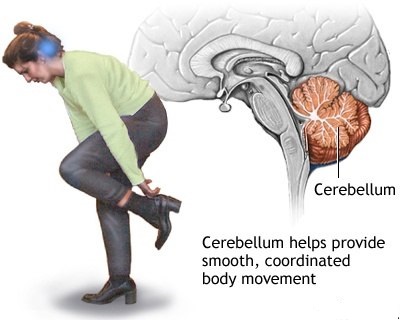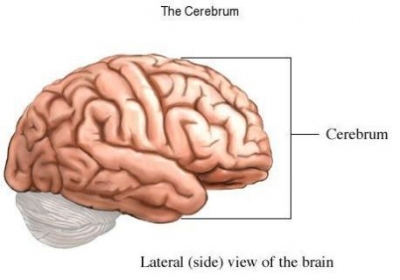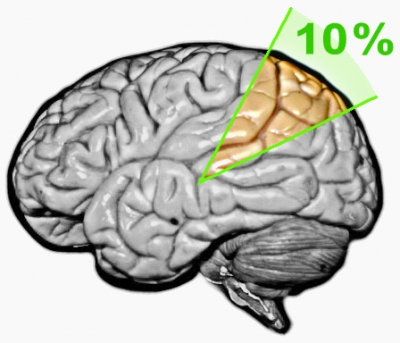What happens if I don’t get enough sleep?
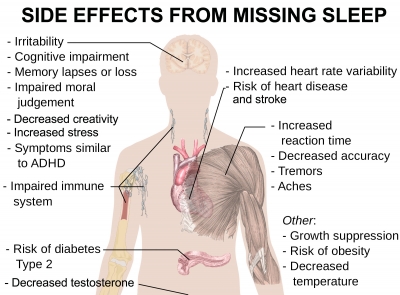
Doctors believe that good night’s sleep comes with many benefits, including improved creativity and mental sharpness. Avoid going to bed and you’ll soon suffer the consequences: crankiness, clumsiness – even hallucinations if you miss a few days. Your brain will go on strike, and easy tasks will become supremely difficult until you turn in and switch off.
If you continue to operate without enough sleep, you may see more long-term and serious health problems. Some of the most serious potential problems associated with chronic sleep deprivation are high blood pressure, diabetes, heart attack, heart failure or stroke. Chronic sleep deprivation can even affect your appearance. Over time, it can lead to premature wrinkling and dark circles under the eyes. Also, research links a lack of sleep to an increase of the stress hormone cortisol in the body. Cortisol can break down collagen, the protein that keeps skin smooth.
Picture Credit : Google




